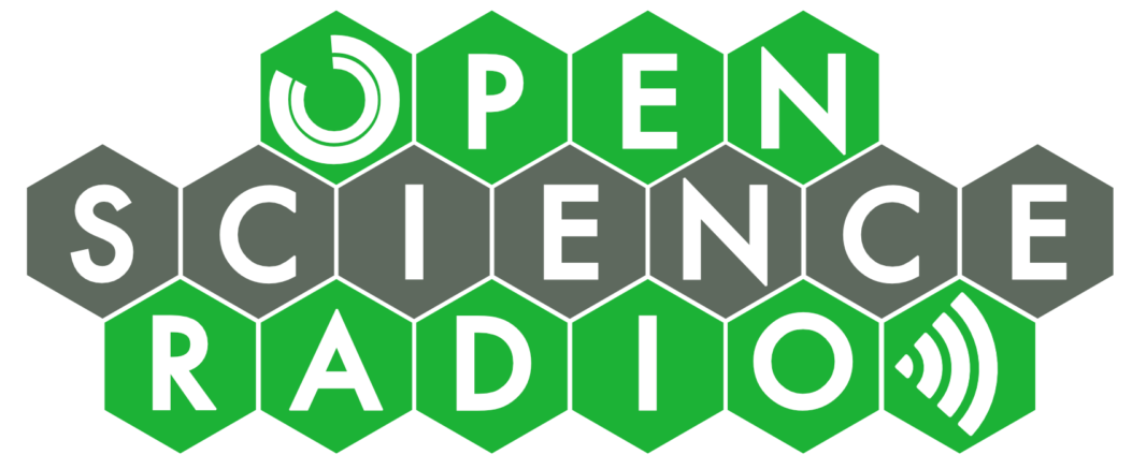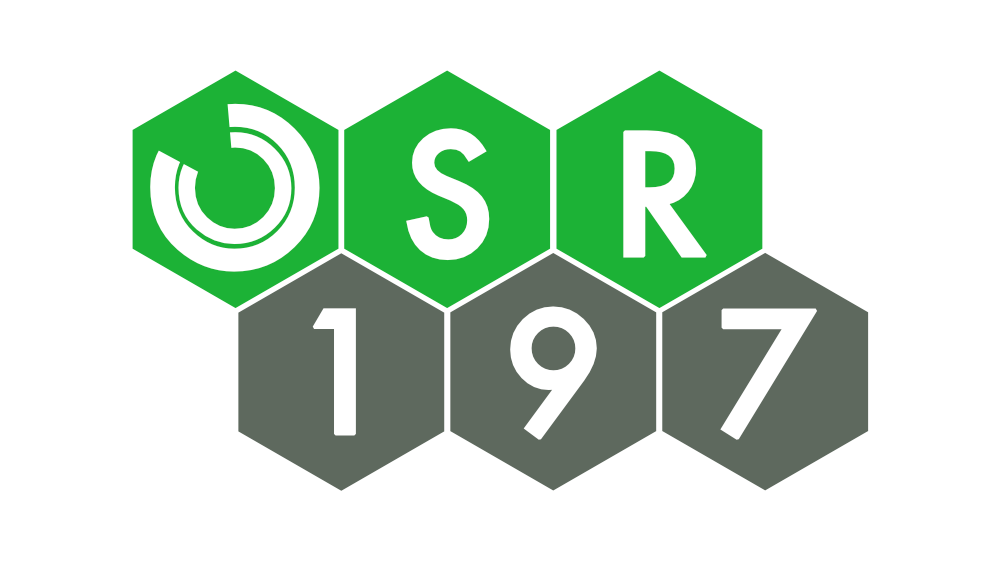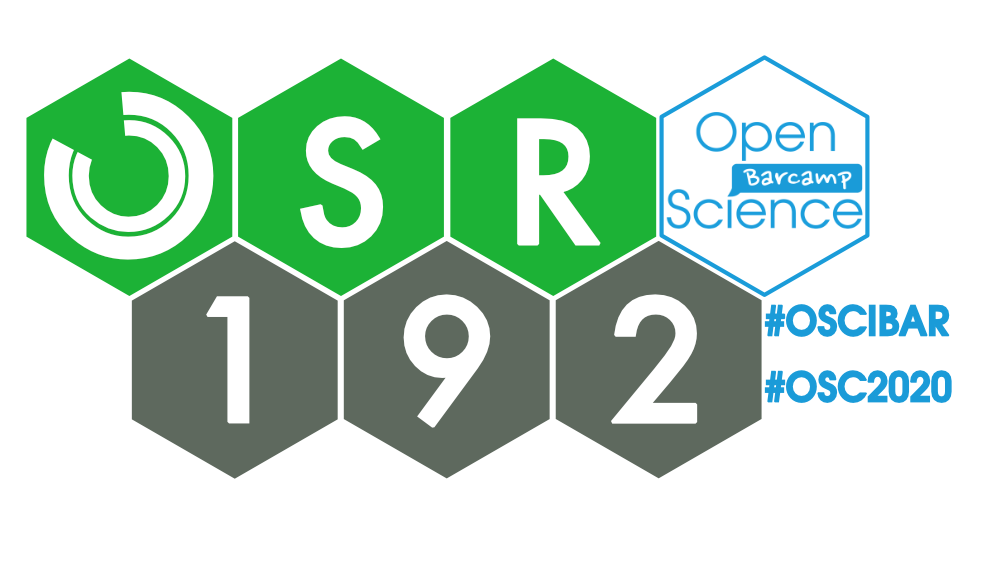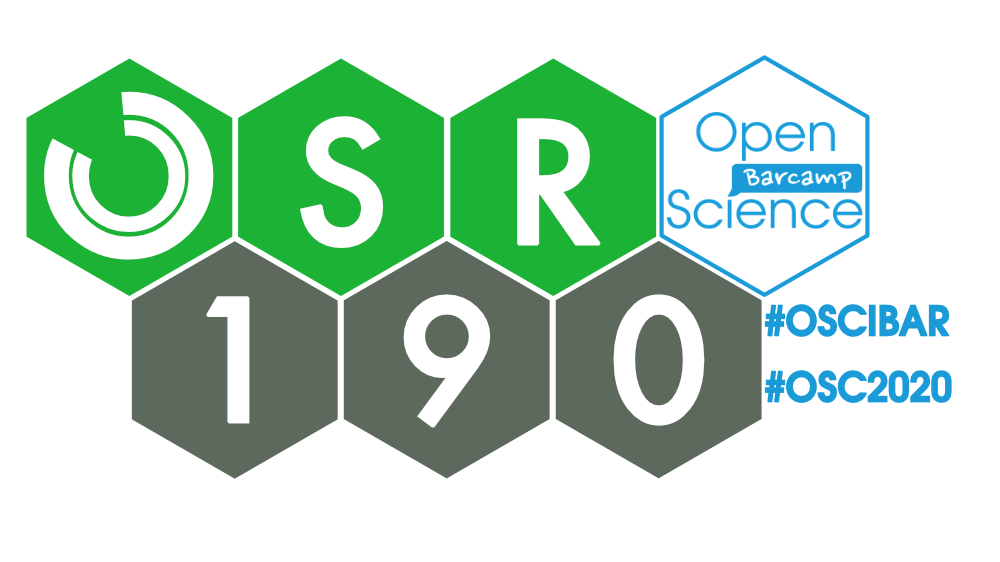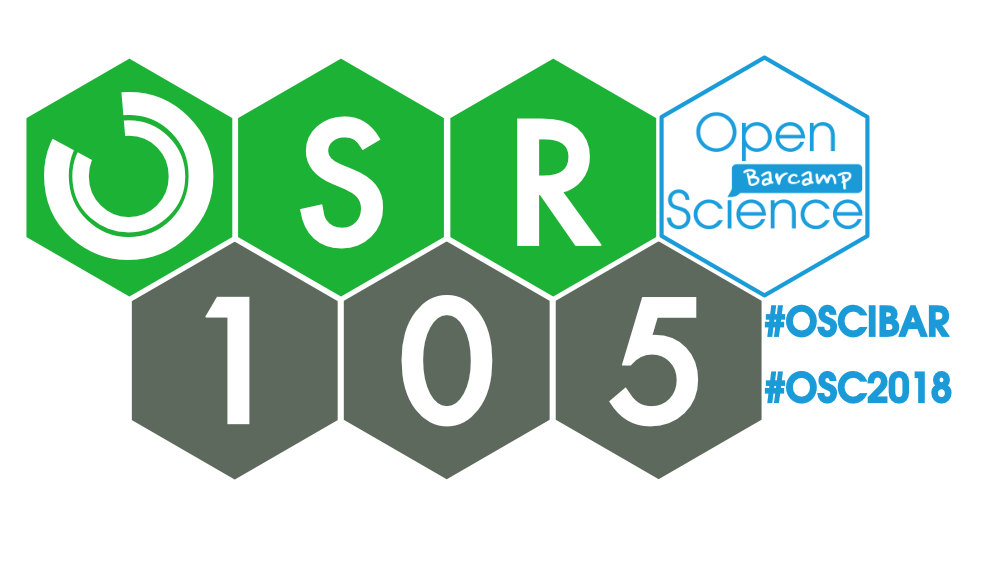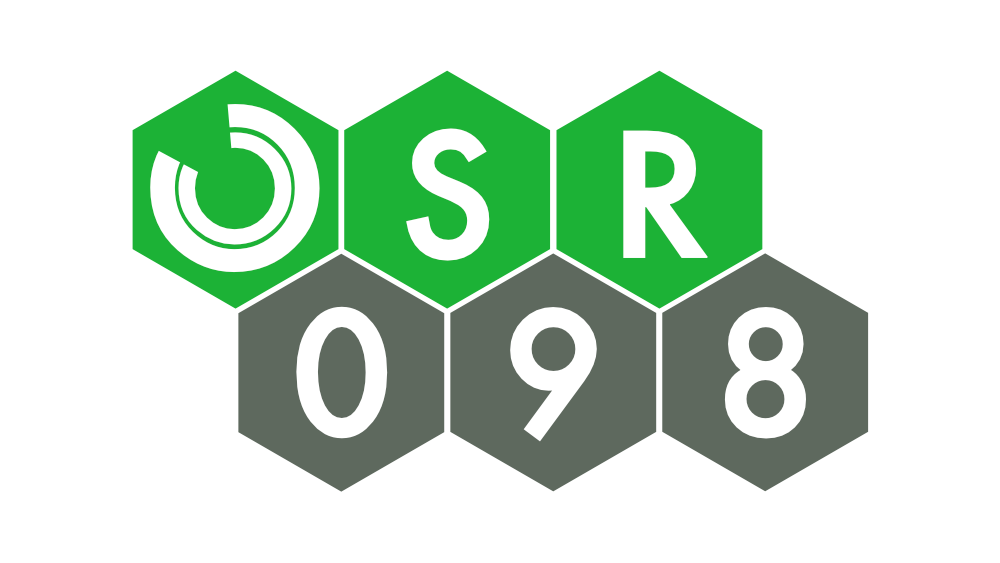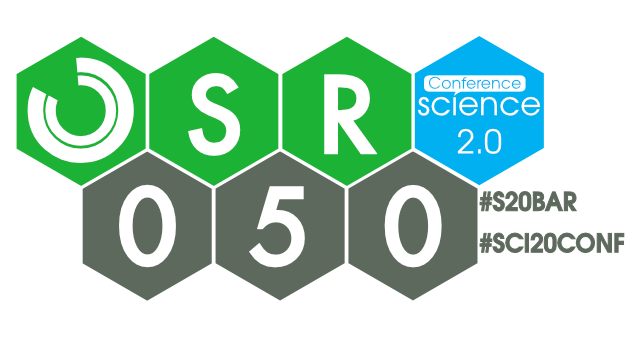Der Wandel der großen Wissenschaftsverlage vom Content Provider zum Data Analytics Business wird in den zurückliegenden Jahren verstärkt beobachtet und dokumentiert. Das damit auch ein zunehmend umfangreicheres User Tracking stattfindet wurde erst jüngst durch Offenlegungen belegt – immer mehr Verlagsplattformen werden durch eine Vielzahl von Technologien entsprechend aufgerüstet und sind somit in der Lage das Informationsverhalten der Nutzer (insbesondere Hochschulangehöriger) zu tracken, zu speichern, zu analysieren und zu personalisierten Profilen zu aggregieren. Die Gefahr personalisierter Profile ist auch in diesem Bereich sehr kritisch zu betrachten, insbesondere wenn diese Daten nicht nur bei den Verlagen verbleiben, sondern zunehmen in ein Netz von Data Brokern fließen und damit potentiell Akteuren zugänglich gemacht werden, die einem freien Wissenschaftssystem entgegenstehen – neben kommerziellen Konkurrenten öffentlicher Forschung dürften speziell wissenschaftsfeindliche und –verfolgende Akteure (wie z.B. Regierungen) problematisch zu sehen sein. Wir haben mit Dr. Renke Siems und Prof. Björn Brembs über die Trackingaktivitäten der Verlage und die potentiellen Gefahren gesprochen und einen Blick darauf geworfen welche möglichen Ansätze es gäbe damit umzugehen.
Alle Artikel mit dem Schlagwort: Publishing
OSR192 Marie Farge on her Vision of the Scholarly Publishing System #oscibar [EN]
This episode was recorded at the Barcamp Open Science 2020 in Berlin but is not a summary of a session. Instead you can look forward to a deeper discussion with Marie Farge in which she presents her vision of the scholarly publishing system. In the suggested szenario, journals are owned by their editorial boards and are running on publicly funded infrastructure (classic platinum Open Access) which ensure proper peer-review by the community of a field. She also elaborates the important role of commercial publisher which should run multidisciplinary journals for the popularisation of science and the translation of new findings to a broader public.
Many of the ideas discussed are described in the chapter Marie contributed to the European Commission’s publication Europe’s Future: Open Science, Open Innovation, and Open to the World (edited by Carlos Moedas). A PDF-version of her chapter is publically available.
OSR190 Preprints and Open Peer Review #oscibar [EN]
This is another episode from our coverage of the Barcamp Open Science. In this episode Konrad talked with Simon Worthington (GenR) and Bartosz Radomski (ScienceOpen) about their session on the role of preprints and open peer review systems (and their logical coupling).
OSR105 Libraries as Publishers #oscibar [EN]
We met Alexander Kouker who just moderated a session at #oscibar about publishing at libraries and is kind enough to share his motivation, impression and outcomes of the session with us.
OSR098 Academic Publishing Infrastructures with Björn Brembs [EN]
Something is rotten in the state of Denmark. Academic publishing that is. And actually not only in Denmark. Even though open access publishing has picked up quite a bit over the last years, academic publishing today is still rather dominated by legacy publishers who mainly play their old game without much signs of changing and adapting to current technological and scientific developments. In fact, many of them are not even showing much willingness to consider changing. A lot of the recent studies and arguments point out that a complete transition to open access publishing potentially yields many positive social effects for the academic system and society as a whole, and even might achieved quite substantial savings. We had the great opportunity to talk Björn Brembs about these points, the obstacles, the necessary steps and a vision of how a publishing infrastructure could look like.
We apologize for the less optimal audio quality and hope you’re still enjoying the conversation. Have fun!
OSR050 Structuring Research and Publications #s20bar EN
Roman Gurinovich and his company is developing a software solution, Sci.AI, that aims to help scientists in structuring their research and publication activities. We’ve spoken with him after his session in which he introduced a first working prototype of the tool.
